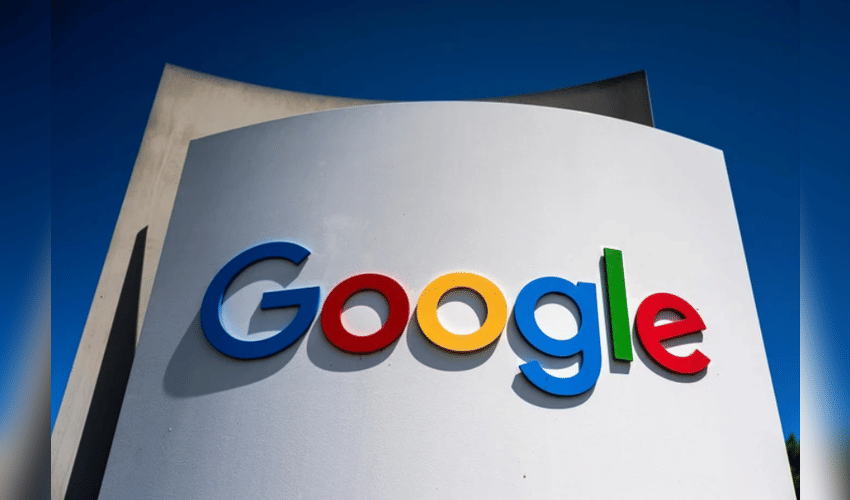Technology
Google, once quiet in the global AI race, has now awakened with Gemini 3.
Published On Wed, 26 Nov 2025
Fatima Hasan
25 Views

Over the past three years, since ChatGPT’s debut, many analysts and technologists — including a Google engineer and a former CEO — claimed Google was falling behind in the fast-moving AI race. That narrative is now shifting. Google has released new AI tools and secured major deals, such as a chip partnership with Anthropic, reassuring investors that it won’t easily lose out to OpenAI or other competitors. Its latest model, Gemini 3, has been praised for strong reasoning, coding skills, and handling tasks that usually challenge AI chatbots. Meanwhile, Google Cloud — once considered an underperformer — is expanding steadily amid the global AI boom and rising demand for compute power.There is also growing interest in Google’s custom AI chips, one of the few meaningful alternatives to Nvidia’s hardware. A recent report that Meta may adopt Google’s chips boosted Alphabet’s shares, which have gained nearly $1 trillion in market value since October. Warren Buffett’s sizable investment and broader optimism around Google’s AI efforts have further lifted the stock, pushing Alphabet close to a $4 trillion valuation.
By contrast, some companies are feeling the heat. SoftBank fell sharply on concerns about Google’s progress with Gemini, while Nvidia lost significant market value. Analysts say Google has always been the “dark horse” in AI — a sleeping giant now fully awake. Google has long insisted that its deep research investments would help defend its leadership in search and build the next generation of computing. ChatGPT was the first major threat to its search dominance, even though Google pioneered much of the underlying technology. Still, Google maintains advantages that OpenAI does not: vast datasets, strong profits, and extensive computing infrastructure.
CEO Sundar Pichai says Google’s full-stack approach to AI — spanning models, chips, cloud, and applications — is now paying off. Regulatory concerns are also easing. Google recently avoided the harshest outcome in a major US antitrust case, partly due to strong competition from AI newcomers. The company is also making progress beyond advertising; its autonomous driving arm, Waymo, is expanding into more cities and adding freeway capabilities. Google benefits from controlling virtually every layer of the computing stack. It builds consumer apps, foundational AI models, cloud systems, and custom processors. Its TPUs, once used only internally, are now gaining traction. Anthropic plans to use up to a million TPUs under a multi-billion dollar deal, and Meta is reportedly exploring Google’s chips for its data centers.
Nvidia says it welcomes Google’s success and remains a key supplier. Analysts view Meta’s interest in Google chips as further evidence of Google’s rising strength. To accelerate progress, Google reorganized its AI teams in 2023 under DeepMind CEO Demis Hassabis. The transition had bumps, including a flawed image model rollout, but the unified team now focuses heavily on foundational models to compete directly with OpenAI and Microsoft. Hassabis has also helped retain top engineers despite massive salary offers from rivals. Gemini 3 Pro ranks highly on key AI leaderboards, with experts like Andrej Karpathy calling it a “tier 1 model.” Google designed it to tackle complex scientific and mathematical reasoning and fix longstanding issues like incorrect text in generated images.
Consumer traction is harder to measure. Google says 650 million people use the Gemini app, compared to ChatGPT’s 800 million weekly users. Download data shows Gemini still trails ChatGPT. Google Cloud continues to grow — reporting strong year-over-year gains — but still lags behind Amazon and Microsoft in size. Analysts believe Google’s enterprise AI adoption remains slower than some competitors. OpenAI is aggressively pursuing revenue through premium ChatGPT offerings and partnerships with chipmakers like AMD, Broadcom, and Nvidia.
Google’s TPUs mainly appeal to companies with large compute needs, such as Anthropic and Meta. But chip demand isn’t a winner-takes-all market. Google’s chips only run through its cloud platform, while Nvidia’s GPUs are more flexible, meaning companies using TPUs effectively commit to Google’s ecosystem. Even so, Google’s strengthening position in AI is making that trade-off more attractive. Experts say the release of Gemini 3 marks Google’s return to the front of the AI race. As one analyst put it, echoing Mark Twain: reports of Google’s decline were greatly exaggerated — if not irrelevant.
Disclaimer: This image is taken from Bloomberg.



